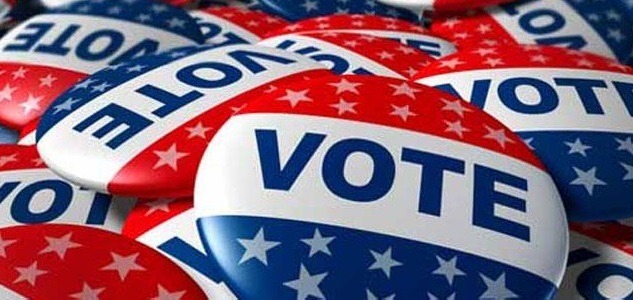
North Carolina Voter ID Law and ballot access push is designed to severely curtain minority voting
North Carolina is making it harder for its poor citizens to vote much like the infamous poll tax that was used to prevent ex-slaves from voting after the Civil War. Rick Hasen is one of America’s leading voices for election reform and in a recent article made plain the problem. According to Hasen, “anyone wondering about the importance of the Supreme Court’s recent ruling hobbling a key part of the Voting Rights Act needs look no further than North Carolina, whose Republican legislature is poised to enact one of the strictest voting laws in the nation, one that will make it harder to register and vote, likely hurting minority voters most”.
The problem is plain to see. Much like the decision of the Supreme Court itself, lawmakers who are working to pass these restrictive election access laws are acting in a way that seems impartial to race but in actuality has nothing but race in mind. The extent of the North Carolina law is striking:
The bill is a nightmare for voting-rights advocates: not only does it include a strict voter-ID law and provision shortening early voting and eliminating same-day voter registration for early voting, but it’s also a laundry list of ways to make it harder for people to vote, and which cannot plausibly be justified on antifraud grounds.
Also, according to Nate Cohn’s latest article in the New Republic:
The North Carolina data confirms what many suspected: Voter ID laws have a disparate impact on non-white and Democratic voters. According to the North Carolina Secretary of State, 46 percent of unmatched voters in the 2012 general election were non-white, compared to 30 percent of all registered voters. Similarly, 36 percent were black, compared to 23 percent of registered voters. And 58 percent of voters without a state-issued ID were Democrats, compared to 43 percent of all registered voters.
According to the North Carolina report on 2012 voting completed by the state election board, there is a massive problem of unregistered and incorrectly registered voters who will likely be disenfranchised:
After 29 separate relational queries, the SBOE was able to match over 95% of the voters in the voter registration database as of March 25, 2013 and almost 97% of those voters who participated in the 2012 general election with customers in the NCDMV database. A total of 5,185,085 voters, or 81% of registered voters could be matched on an exact match of the voters’ first name, last name and NCDMV customer number. Comparably, 83% of those who participated in the 2012 general election were matched with NCDMV customers based on this exact matching criterion. Subsequent queries using other criteria permitted the SBOE to further reduce the number of voters who could not be matched with customers in the NCDMV database. The total number of registered voters for whom the SBOE could not match with the NCDMV database is 318,643 and the total number of voters with voter history in the 2012 general election for whom the SBOE could not match is 138,425
The report goes on to say that the numbers are quite extensive:
First, out of the more than 6.4 million registered voter records analyzed, 1,107,104 voters did not have a NCDMV number recorded in their voter record. 64% of these voters registered prior to 2004, or prior to the time that federal law first required States to request an ID number from voter registration applicants. Without a NCDMV-issue number on a voter’s record, the SBOE needed to use alternative matching criteria to determine if these voters have a license or ID card issued by NCDMV. Further, in some cases, there was a driver license or ID card number available on a voter’s record, but the record could not be matched with a NCDMV record using exact matching criterion on the person’s name and ID number. It is possible that the number may have been transposed by the voter when the application was completed or it may have been entered incorrectly by a county board of elections when the application was processed.
Leave a Reply